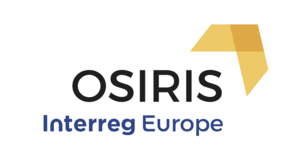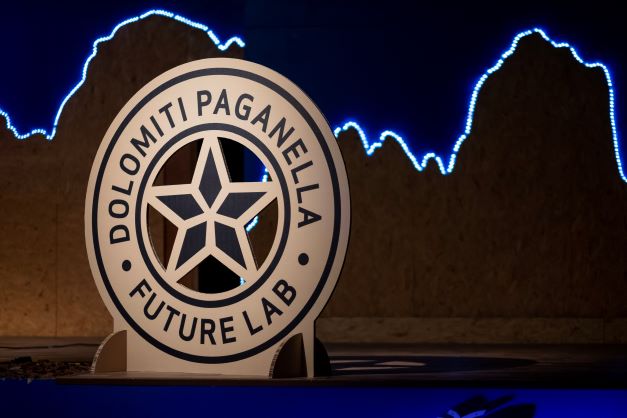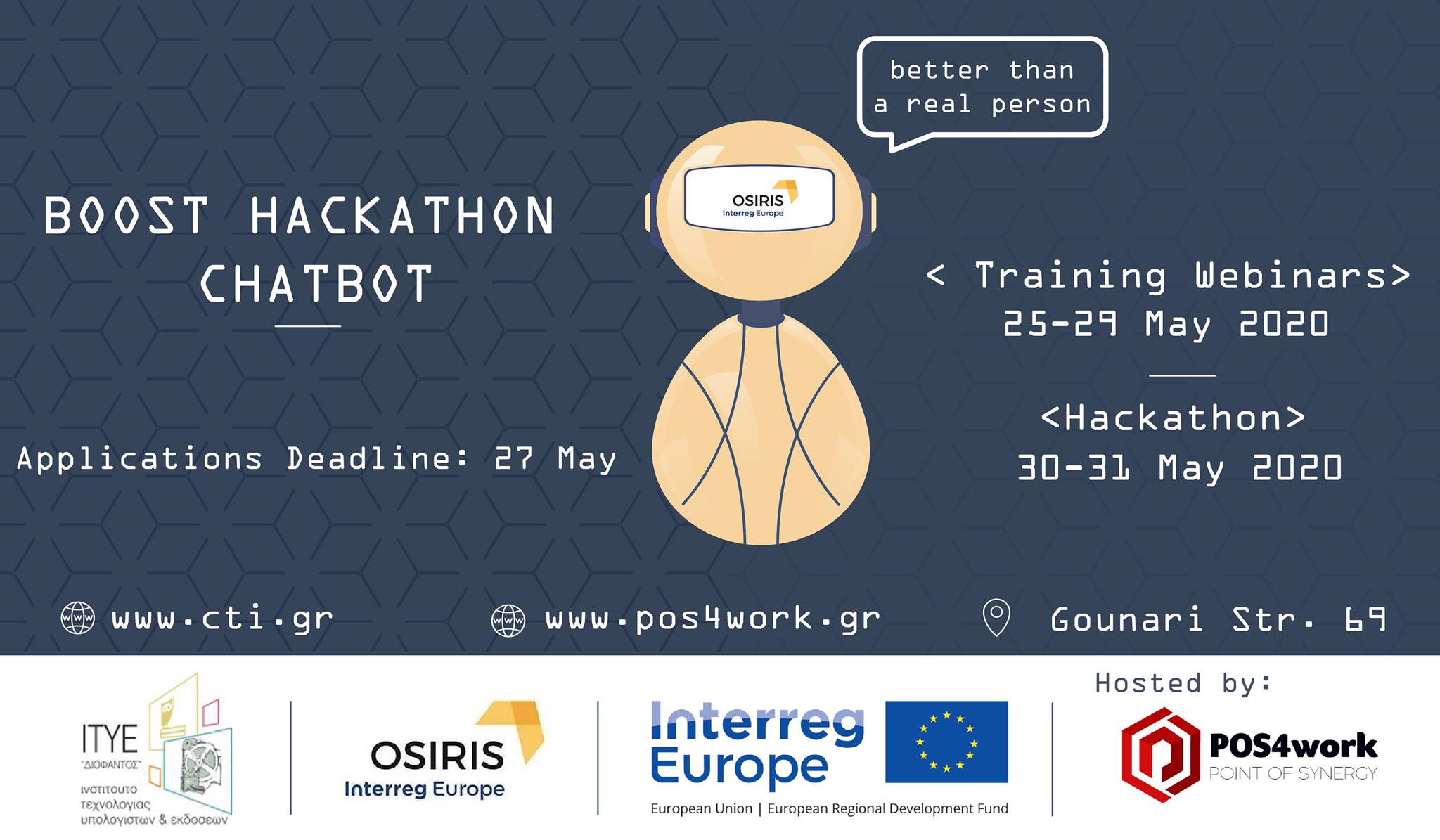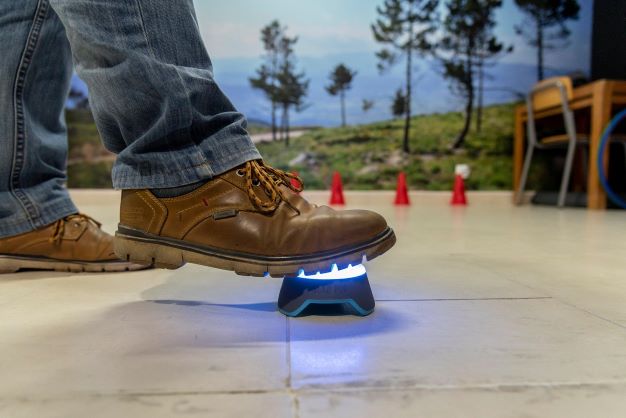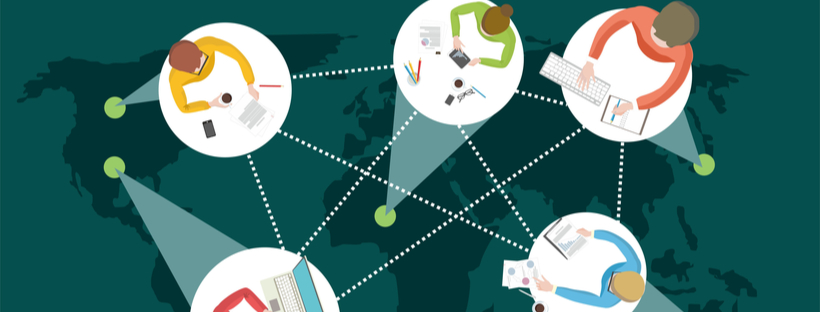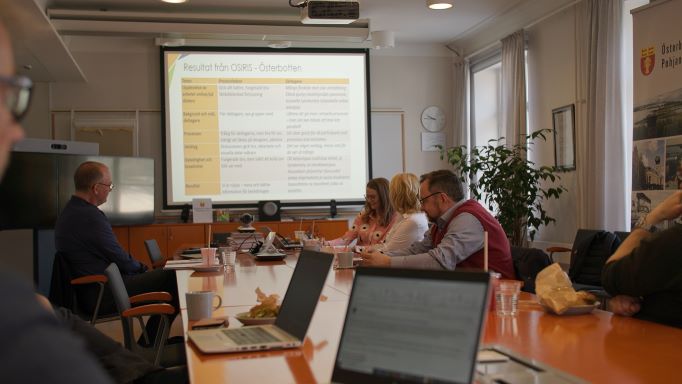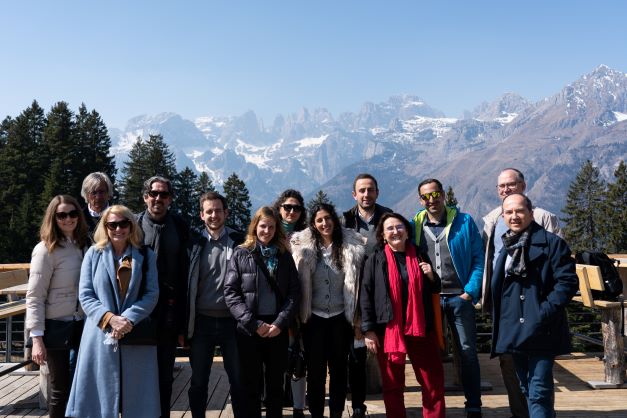As the Interreg OSIRIS project draws to a close, we are also wrapping up the pilots approved for phase 2 for testing ideas and concepts that were created in phase 1 – three in all, involving altogether six of the project partners.
- The fact that a project can have three pilot actions to implement activities for testing new approaches in phase 2, means that the idea of transferring existing good practices between regions has been successful and can noticeably contribute to the policy instruments of the regions, Umberto Pernice, external expert for lead partner Region Västerbotten states.
- OSIRIS has managed to demonstrate its interregional approach coming from such a cooperation on open and social research and innovation between regions, well leveraging their diverse socio-cultural aspects, he continues.
The pilots share the Interreg theme of importing a good practice from one country to another – as well as the rationale to test in real conditions what had been prepared on the policymaking level, but the practices themselves were quite different in scale and scope. This bears evidence to the fact that there is an inherent value in international cooperation that goes beyond the drawing board.
- OSIRIS demonstrated its capability to generate additional activities not initially foreseen, but absolutely relevant to make co-creation an effective practice for open participatory governance, Pernice continues.
As part of the Innovation Loop pilot in Ostrobothnia, an on-the-spot evaluation was carried out according to a model that was developed during the process, with the idea to increase the agility of the process by making the fine-tuning systematical.
- The response from all parties was positive, says Kimmo Rautanen from Åbo Akademi University’s Experience Lab, the partner who developed the evaluation.
- Not only were we able to verify that the concept worked and make adjustments along the way, but we also got important ideas for developing the process further – and the next iteration of the regional version is being prepared for implementation once conditions allow, he continues.
Also, while the current pandemic-related restrictions hopefully will be lifted soon, there may be lasting implications for co-creation on scales from the local and regional to the international – and the experiences from OSIRIS can support a transition:
- Ecological sustainability has already highlighted the need to rethink collaboration over physical distances, and this spring has seen a surge of switching to virtual co-creation, Rautanen says.
- We are also experiencing a need of social contact and virtual fatigue – this is a case for experience design. Physical meetings will always be an important part of the process, but the virtual parts, tools and solutions can and must be developed further. They should not be seen or felt as obstacles or substitutes, but rather as enhancements, Rautanen concludes.
